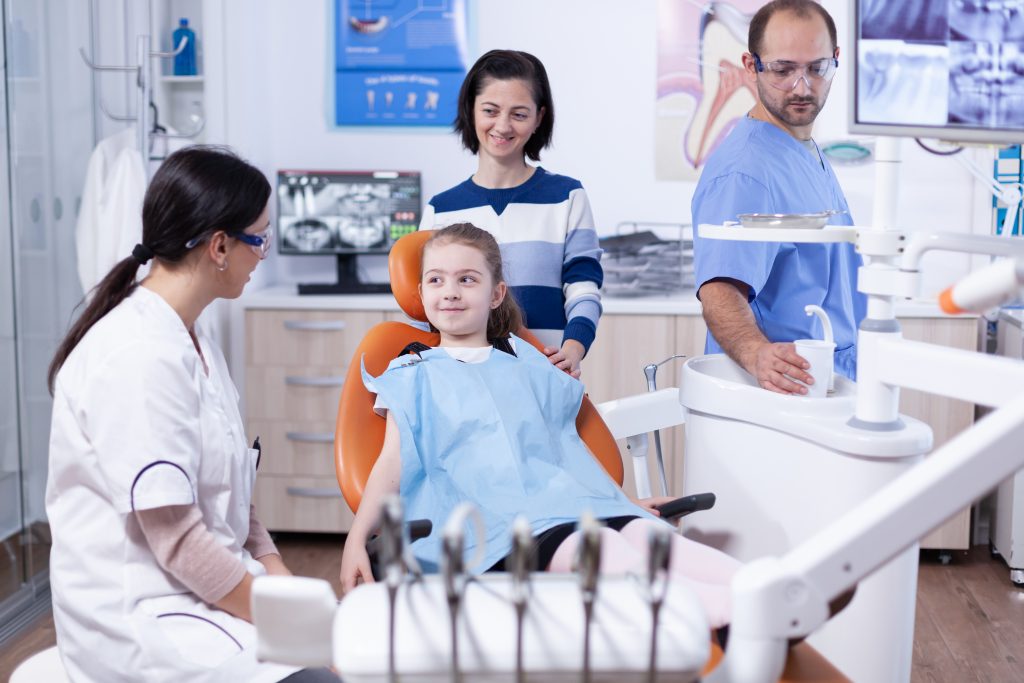Pediatric dentists use stainless steel crowns for several reasons, including to restore the function and appearance of a damaged tooth, to protect a tooth that is too weak to withstand the normal forces of chewing, and to prevent further decay or infection in a primary (baby) tooth. These crowns are commonly used in pediatric dentistry because they are strong, durable, and long-lasting, and they can also be easily and quickly placed in a single appointment.
One of the primary reasons why pediatric dentists use stainless steel crowns is to restore the function and appearance of a damaged tooth. Children are often more prone to cavities and tooth decay than adults, and if a primary tooth becomes infected or decayed, it can cause significant pain and discomfort. A stainless steel crown can be placed over the damaged tooth, sealing off the infection and restoring the tooth to its normal shape and size.
Another reason why pediatric dentists use stainless steel crowns is to protect a tooth that is too weak to withstand the normal forces of chewing. Children are constantly growing and developing, and as their jaws and teeth grow, the forces of chewing can become increasingly strong. If a primary tooth becomes too weak to withstand these forces, a stainless steel crown can provide a layer of protection, preventing further damage or breakage.
Finally, stainless steel crowns are also used to prevent further decay or infection in a primary tooth. If a primary tooth is not properly restored, it can continue to decay or become infected, leading to further damage or loss of the tooth. By placing a stainless steel crown over the tooth, pediatric dentists can prevent further decay or infection, preserving the health and function of the tooth for as long as possible.
In conclusion, pediatric dentists use stainless steel crowns because they are a reliable and effective solution for restoring the function and appearance of damaged primary teeth, protecting weak teeth from further damage, and preventing further decay or infection. If you have concerns about your child’s dental health, be sure to speak with your pediatric dentist to determine the best course of treatment.





